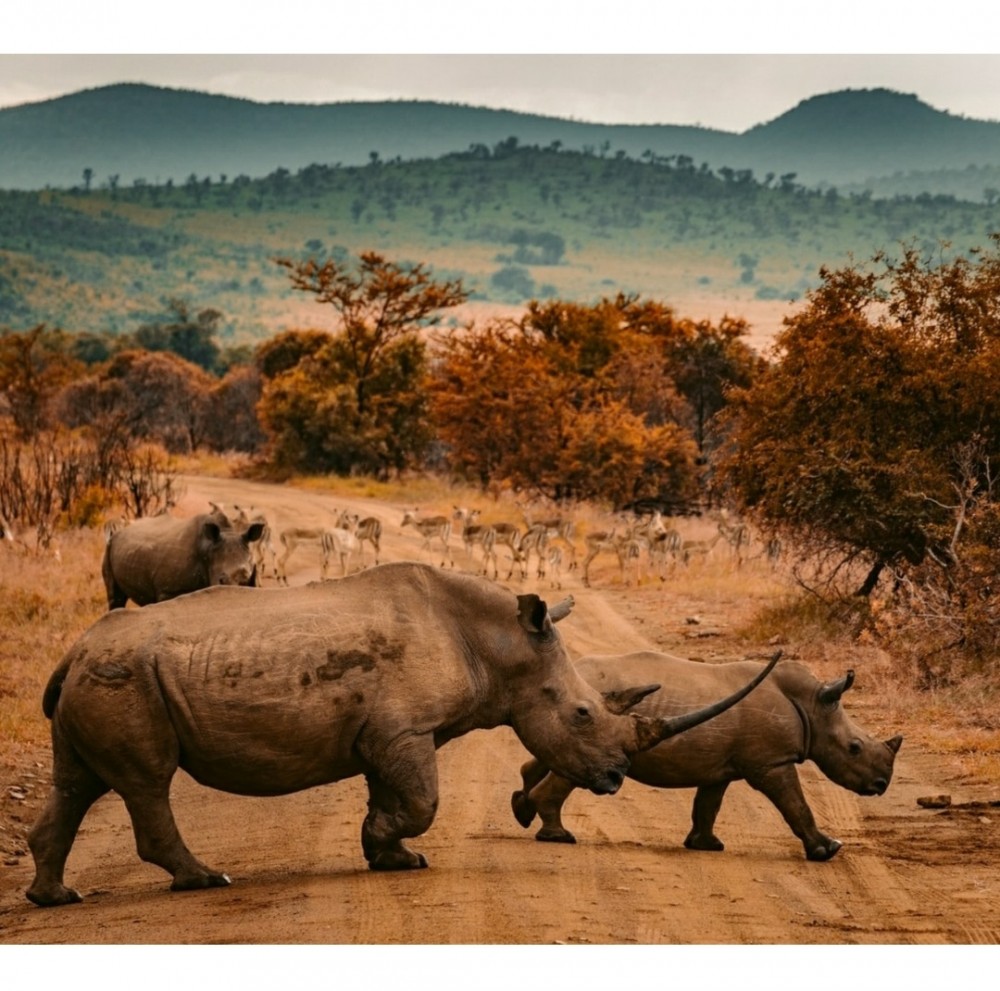
Apr
KIUPSA Launches Medical Quiz and Essay Writing Competition
April 26, 2024, 12:44 pm
 Rebecca Nabejja
Rebecca Nabejja

KIU, Main Campus - A wildlife catastrophe is unfolding in Africa, according to park rangers and conservation experts. They say the closure of safari tourism, due to the Coronavirus pandemic, is decimating the industry, and leading to an increase in poaching.
The African tourism industry is worth almost $30 billion a year and employs almost four million people. Experts and rangers on the ground say they are seeing a surge in poaching as thousands of unemployed people dependent on the industry turn to wild animals for food. They also fear an upsurge in more organized poaching of endangered species.
At the Lewa Wildlife Conservancy in Kenya, a team of just 100 rangers and scouts patrol an area of about 250sq.km while arresting people caught in the act of hunting Antelopes for food.
“This is certainly the biggest threat we’ve seen to the conservation world. We’re already beginning to see significant redundancies and job loss across the whole tourism and conservation sector across Africa. The big concern for us is that this may drive an upsurge in poaching for bushmeat and hunting just to put food on the table,” says Charles Mayhew, Chief Executive at TUSK, an organization whose mission is to amplify the impact of progressive conservation initiatives across Africa.
Experts fear that more organized poaching may be increasing, especially with the Big-Five i.e. the Rhinos, Elephants, Buffaloes, Lions, and Giraffes, to sell as trophies to make a living. Although the fear spreads all over Africa, some continue to remain optimistic about the battle.
“It is really tough to think that in a year or so, these species might be endangered. To be a conservationist, you need to be an optimist. So instead of giving in to the doom and gloom, we have to keep pressing on despite the discouragement we feel,” says Ivy Wairimu, Africa Programmes Coordinator at TUSK.
Kampala International University,
Box 20000, Ggaba Road, Kansanga, Kampala